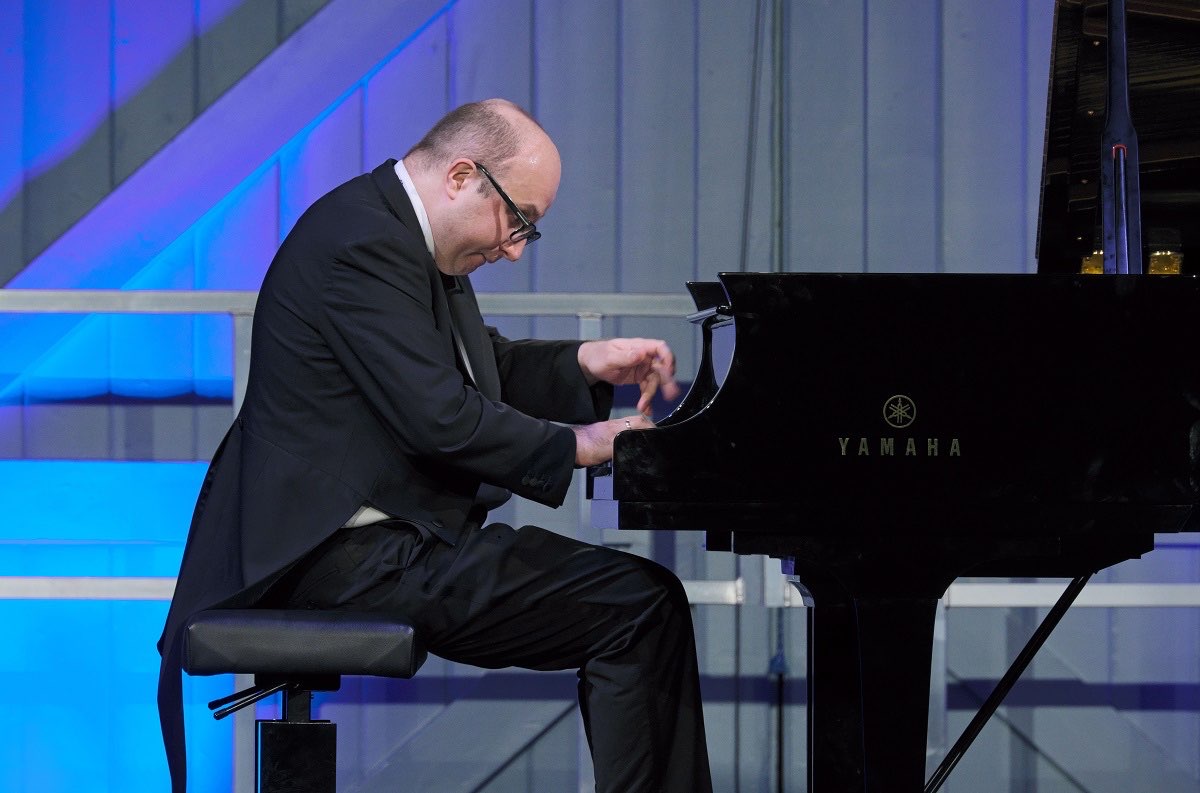
Music / CIMF, Concert 11: “Gavrylyuk Recital”. At Fitters’ Workshop, May 3. Reviewed by FELIX HUBER.
THE performance from award-winning, Ukrainian born pianist Alexander Gavrylyuk was a wonderfully evocative showcase of Romantic-era music in which Gavrylyuk demonstrated immense musicality and virtuosic technical ability.
Beginning the program with Ludwig van Beethoven’s “Moonlight Sonata”, Gavrylyuk instantly set the scene with the slow, dark, moody arpeggios of the first movement.
With expert control, he made the mournful melody and powerful bass notes sing with a sound that filled the Fitters’ Workshop to the ceiling.
Gavrylyuk then danced through the bright and cheerful second movement before erupting into the notorious third movement, which he played with a formidable degree of precision.
Next, he played Robert Schumann’s “Kinderszenen”, a set of 13 short works written to illustrate scenes from childhood. Gavrylyuk was extremely expressive in his performance, bringing out all the nostalgic warmth and emotion that many associate with memories of being young.
The audience was then treated to an immense display of virtuosity with a performance of Franz Liszt’s “Venezia e Napoli: Tarantella”. Gavrylyuk was stunning; rapidly shifting between thunderous chordal passages and delicate harp-like textures, making it at times impossible to comprehend how such music could be performed with only two hands.
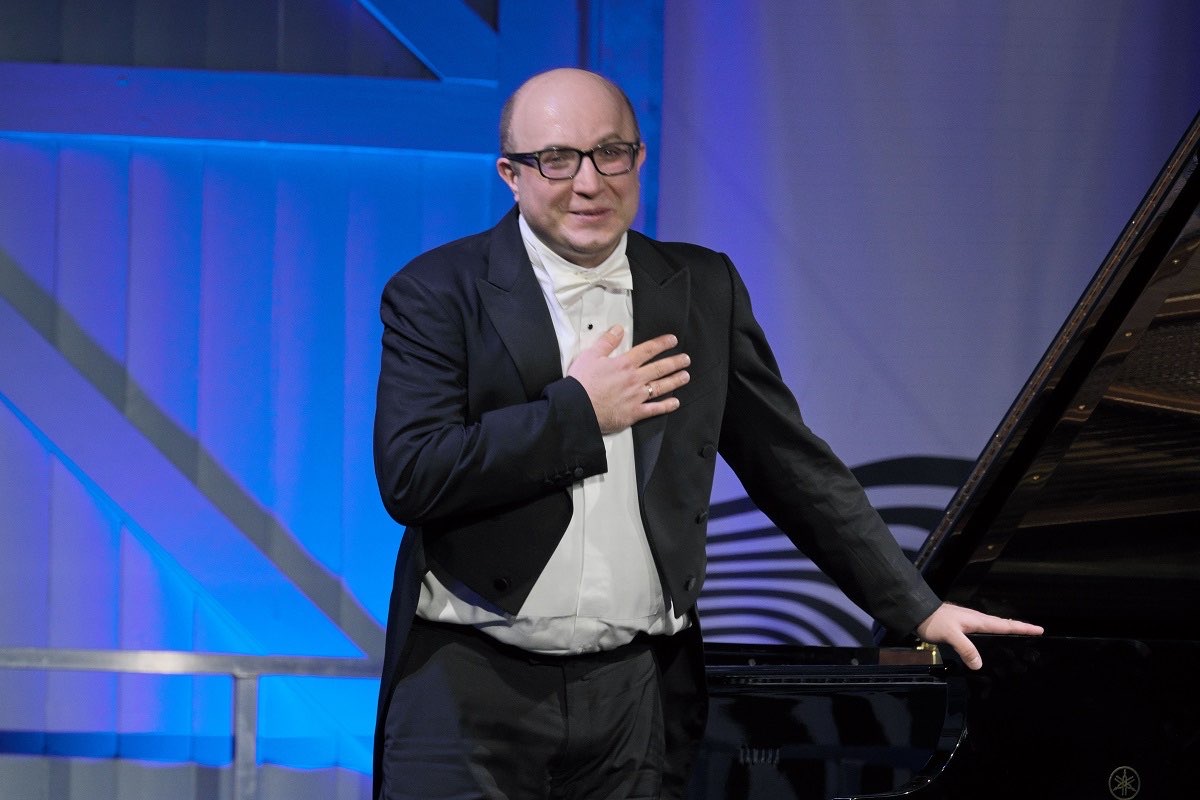
Returning after interval, Gavrylyuk showcased the breadth of his mastery as he moved between the fragile intricacies of Frederic Chopin’s Nocturne in D Flat to the energetic romp of the “Military” Polonaise.
They were followed by two intermezzos by Johannes Brahms, setting a much darker mood. The playing was intensely lyrical as he performed the sombre progressions of “Intermezzo No.2, Op.117” and the creeping melodies of “Intermezzo No.3, Op.117”.
The performance finished with a solo piano rendition of Camille Saint-Saens’ “Danse Macabre”, again demonstrating mind-boggling technical ability as his hands leapt around the piano, imitating an entire orchestra.
Ending the night on a thoughtful note, Gavrylyuk returned to play Chopin’s “Etude No.6, Op.10” as an encore.
Following the exhilarating highs of the rest of the night’s program, the piece’s menacing accompaniment created a shift in atmosphere which felt reflective of the ongoing struggles in the world today, especially of the war in Ukraine.
However, it ended with a quiet resolution from minor to major, communicating through the universal language of music a message of hope. Gavrylyuk allowed these closing notes to resonate for several moments before standing to receive due applause.
Who can be trusted?
In a world of spin and confusion, there’s never been a more important time to support independent journalism in Canberra.
If you trust our work online and want to enforce the power of independent voices, I invite you to make a small contribution.
Every dollar of support is invested back into our journalism to help keep citynews.com.au strong and free.
Thank you,
Ian Meikle, editor
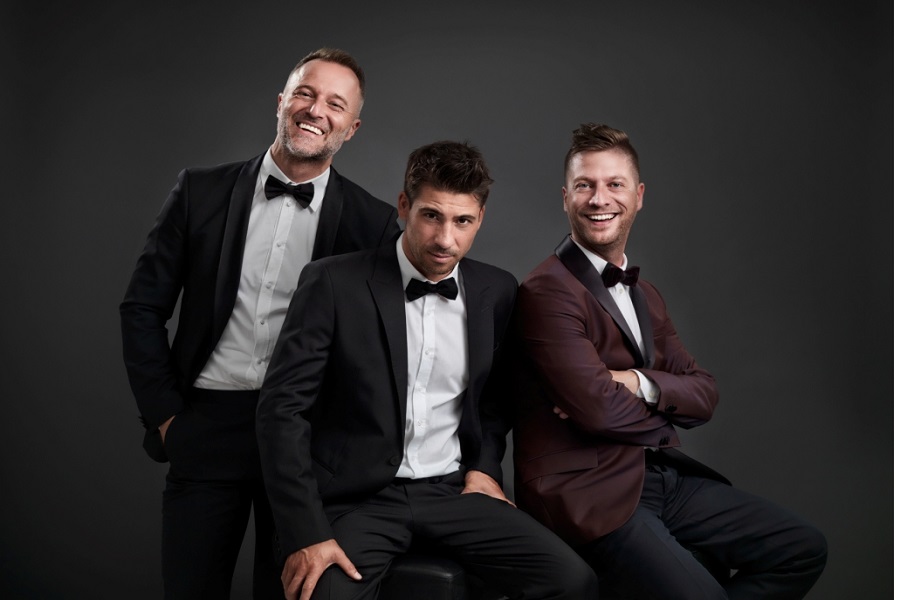
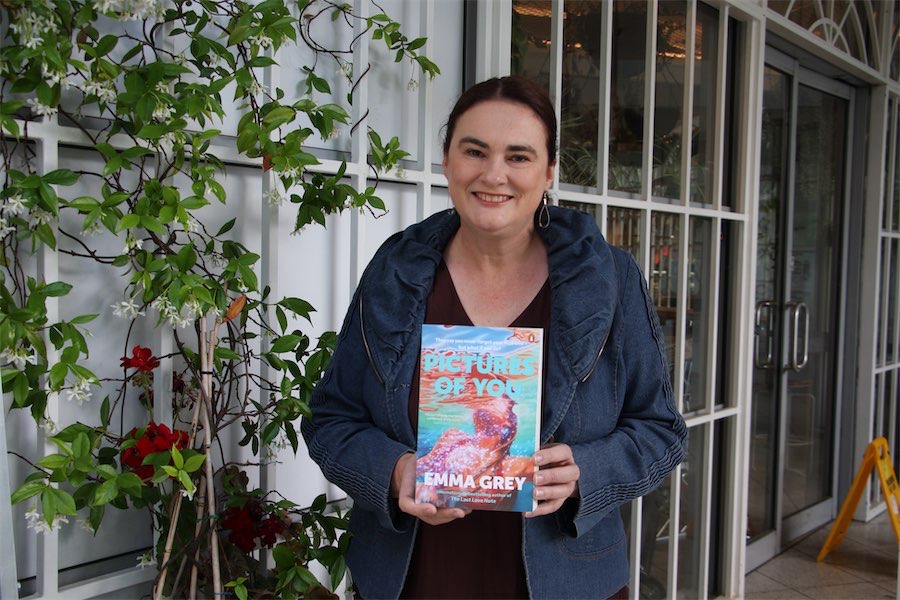
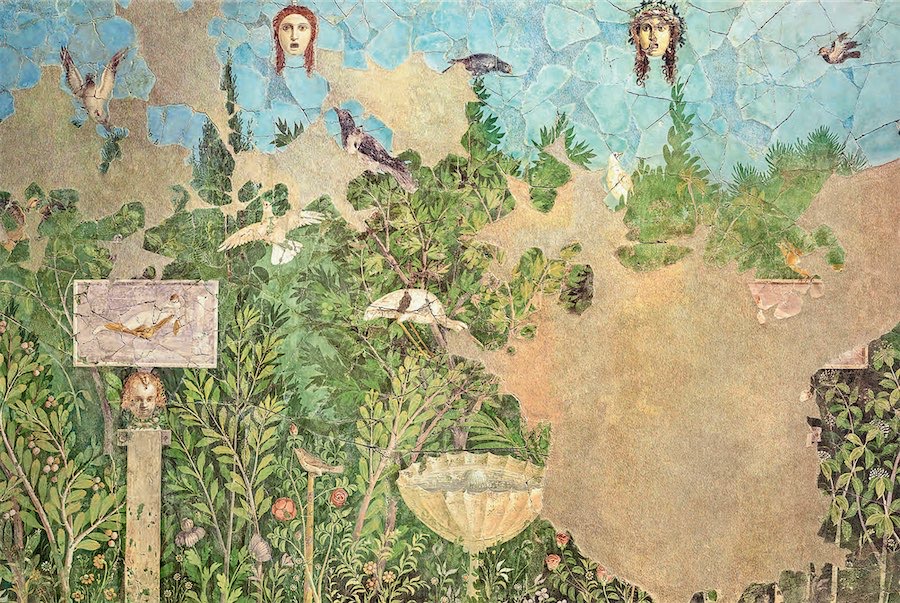

Leave a Reply